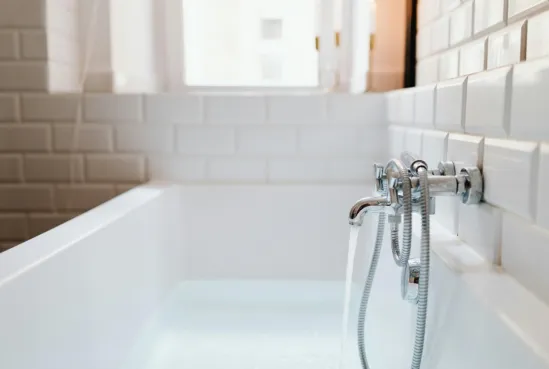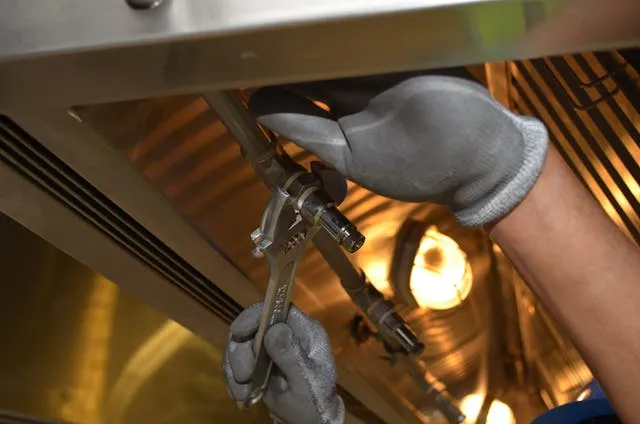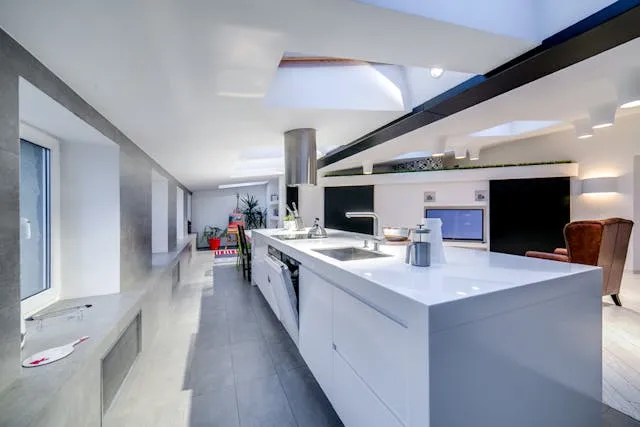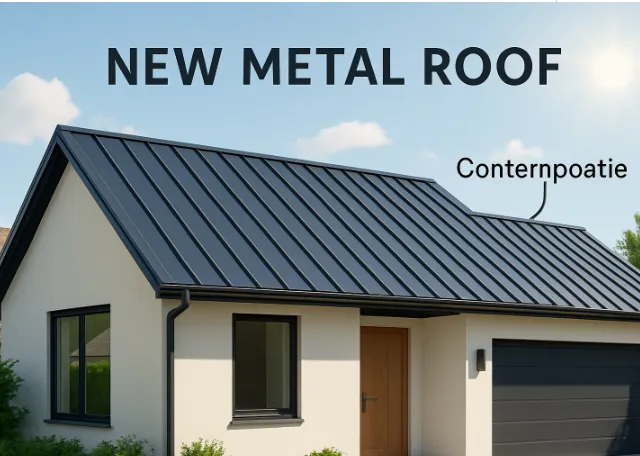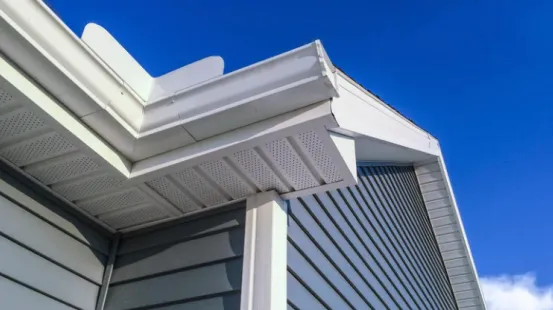Practical Home Maintenance Tips for a Trouble-Free Plumbing System
Your home’s plumbing system works quietly behind the scenes, ensuring that clean water flows in and waste flows out without a second thought. But as any homeowner knows, plumbing problems often show up at the most inconvenient times, from late-night leaks to clogged sinks during holiday gatherings. The good news is that most issues are preventable with a little attention and care. By keeping up with routine maintenance, you can avoid many costly repairs and enjoy a worry-free home environment.
Also Read: Beating the Humidity: Fun and Fresh Ways to Enjoy Summer Indoors
If you live in an area like Hatfield, PA, where homes blend historic charm with modern living, plumbing maintenance is especially important. Weather shifts, aging infrastructure, and daily wear can put extra pressure on your pipes and fixtures. That’s why knowing what steps you can take on your own and when to call in professionals makes all the difference in maintaining a smooth-running system.
Keep Your Drains Clear: The First Step to a Healthy Plumbing System
Clogged drains are among the most common plumbing problems, and while they may seem minor, they can quickly escalate into bigger issues if left unchecked. In areas like Hatfield, PA, it’s not unusual for these issues to crop up more often due to everyday habits such as rinsing grease down the sink, letting hair accumulate in the shower, or using too much soap. Over time, these small buildups restrict water flow and put unnecessary strain on your pipes.
That’s why regular cleaning is essential. While you can take small steps yourself, like using drain strainers or flushing drains with hot water, sometimes expert help is the smartest move. Reaching out to professionals for drain cleaning in Hatfield, PA can ensure that stubborn clogs and hidden buildups are fully removed, restoring smooth water flow and preventing future plumbing emergencies. They also understand the area’s unique plumbing challenges, whether it’s dealing with older pipes or seasonal weather that affects water systems. With this kind of expert support, you can extend the life of your plumbing system and avoid disruptions to your household routine.
Regularly Check for Leaks
Leaks are sneaky and often go unnoticed until they cause visible damage. A dripping faucet or running toilet may seem like an annoyance, but together, they can waste gallons of water and drive up your utility bills. More serious leaks, such as those hidden behind walls or under sinks, can lead to mold growth, structural damage, and costly repairs if not addressed quickly.
To stay ahead, make it a habit to inspect your home regularly. Look under sinks for dampness, listen for the sound of running water when all fixtures are off, and review your water bill for unusual spikes. Even small leaks should be repaired promptly. Something as simple as replacing a worn washer can make a big difference. When in doubt, don’t hesitate to bring in a plumber to investigate further. Early action can save you from major headaches down the line.
Protect Your Pipes from Seasonal Stress
Weather changes can take a toll on your plumbing. In colder months, freezing temperatures are a major concern, as frozen pipes can burst and cause significant damage. You can reduce the risk by insulating exposed pipes, disconnecting outdoor hoses before winter, and allowing faucets to drip during extreme cold to relieve pressure.
Hot weather can also put stress on your system. High water usage during summer, combined with expanding pipes in the heat, can affect water pressure. Simple steps like monitoring usage, keeping an eye on outdoor spigots, and checking for leaks around the house can keep things under control. By protecting your pipes seasonally, you reduce wear and keep your plumbing reliable year-round.
Water Heater Maintenance Matters
Your water heater works hard every day, but it’s easy to forget about it until something goes wrong. Without regular care, sediment builds up inside the tank, reducing efficiency and shortening its lifespan.
Flushing your water heater once a year helps remove sediment and keeps the system running efficiently. You should also check for signs of rust, leaks around the base, or strange noises like rumbling, which could indicate trouble. Adjusting the thermostat to around 120°F not only helps prevent scalding but also conserves energy. If your heater is older or showing signs of wear, have it inspected to determine whether it needs repairs or replacement. A little attention now can save you from cold showers later.
Maintain Healthy Water Pressure
Water pressure is something most people don’t think about until it becomes a problem. Too low, and you’re stuck with weak showers and slow-filling sinks. Too high, and your pipes and appliances could be at risk of damage.
If you notice changes in water pressure, start by checking if the issue is isolated to one fixture or throughout the house. Low pressure may point to a clogged aerator or hidden leak, while high pressure often signals a faulty regulator. Regularly monitoring your home’s water pressure with a simple gauge can help you spot issues early. When pressure problems persist, it’s best to call a professional to ensure your system stays balanced and protected.
Be Mindful of What Goes Down the Toilet and Sink
One of the simplest ways to keep your plumbing in good shape is by being careful about what you put down your drains. The plumbing in toilets is built to handle nothing more than human waste and toilet paper. When wipes, paper towels, or other products are flushed, they can create serious blockages and result in sewer backups.
The same goes for sinks. Pouring grease, oils, or food scraps down the drain may seem harmless, but they solidify over time and create blockages. Keeping a small container for grease and throwing food waste in the trash or compost can prevent these issues. These small, everyday habits go a long way toward protecting your pipes and keeping your plumbing system trouble-free.
A reliable plumbing system doesn’t have to be complicated. With simple habits like keeping drains clear, checking for leaks, protecting pipes from the weather, and caring for your water heater, you can prevent most issues before they start. Paying attention to water pressure, practicing mindful disposal, and scheduling regular inspections adds another layer of protection.
By combining daily awareness with occasional professional support, you’ll enjoy peace of mind and avoid costly surprises. With these practical tips, your plumbing system will remain efficient, reliable, and ready to support your household for years to come.

